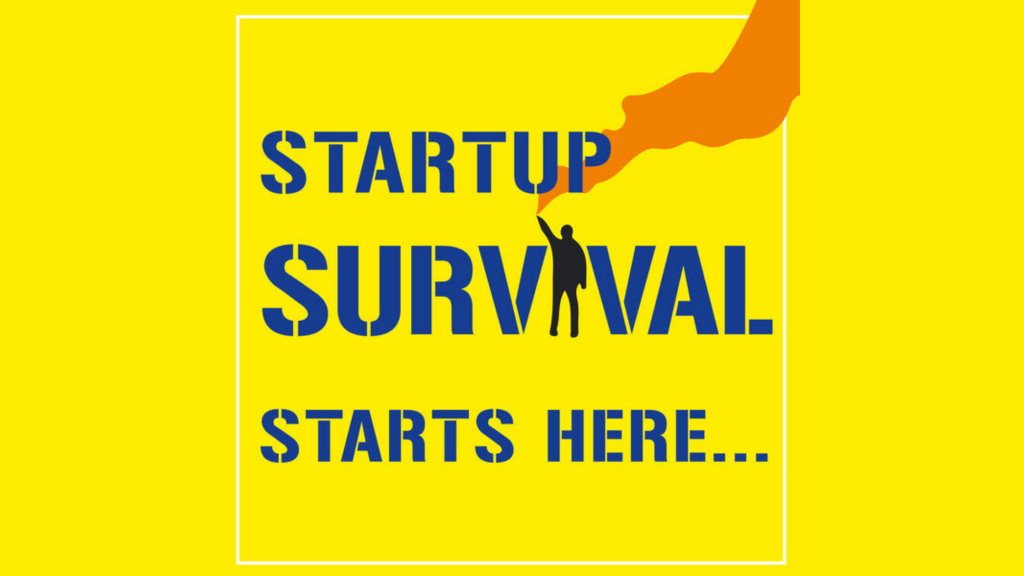Entrepreneurship Education: Why does it matter?
Entrepreneurship education is important due to the speed of which the world is changing. Once a notion whispered quietly by a few in scholarly corridors, it is now the talk of the academic town.
Globally, business start-up activity is booming. As a result, budding entrepreneurs have to be equipped with appropriate commercial knowledge and skills.
Entrepreneurial education aims to support people to develop key skills including curiosity, time management, strategic thinking, resilience and more. These skills are vital for anyone looking to build a successful career in our increasingly uncertain world.
Overall, entrepreneurship and innovation are key components for anyone trying to build a successful business or develop their career.
What is entrepreneurship education?
At its core, high quality entrepreneurship education develops students’ ability to think creatively, learn independently and develop employability skills. Entrepreneurship education is often described by tutors and trainers as an individual lifelong learning process in higher education. It also gives educators the opportunity to flip traditional classroom rules.
Since no global education body exists for entrepreneurship, course delivery and content typically reflects the skills and preferences of the tutor. For some, business start-up issues dominate. For others, it’s about soft skills, idea generation, leadership skills, business planning or the holistic development of an enterprising individual.
The topic of entrepreneurship education in academic research has also flourished, which in turn has informed how people teach the subject.
Pedagogical studies have consistently shown that the most effective entrepreneurial education engages students in authentic experiential learning environment. In these situations, students are empowered to make their own decisions, deal with consequences and reflect on the outcomes. Students can take part in this kind of learning experience individually or in teams.

Transforming entrepreneurial education
Ten to twenty years ago, the holy grail of entrepreneurship education was the business plan. Working in teams, students mixed theory and practice to plot out an idea in exchange for a grade. Occasionally, this would result in successful entrepreneurs launching a new venture.
Unfortunately, the traditional business plan learning experience failed to engage many business school students who preferred to act authentically.
To solve this problem, innovative organisations developed technologies like business simulation games to support business learning. Business simulations aim to immerse students by allowing them to make their own decisions and evaluate the impact of their thinking.
Launched in 2006, the business simulation ‘SimVenture Classic’ quickly attracted hundreds of clients and won several prestigious learning awards.
SimVenture Classic accelerated business learning and allowed entrepreneurship education and training professionals to engage students authentically with minimum fuss. Simulation users faced real-world challenges in context and enjoyed the challenge of business start-up and survival. Tutors meanwhile stood back and facilitated learning at the point of need.
With advancements in pedagogy methods and technology, in 2016 the powerful online business simulator, SimVenture Evolution, was launched.
SimVenture Evolution allows anyone to learn how to start, run and scale a sustainable virtual company. Users are also often reported to have improved key life skills including management skills, project management, and communication skills. The simulation also supports the drive to move the wider enterprise education agenda forwards.
Why learning entrepreneurship is important today?
Since humankind faces huge uncertainty and increasing social challenges, the importance of entrepreneurship education has never been greater.
Through entrepreneurship education, learners discover their entrepreneurial intent. As a result, informed and talented people are better able to identify their own strengths and weaknesses and thus create sustainable economic development and impact for society.
Entrepreneurship education helps people understand what matters and what moves their spirit. It provides key soft skills (e.g. problem solving, communication and presenting) as well as business acumen (e.g. marketing, finance and leadership development). All of this allows people to work effectively as leaders, teams and traders.
Applying entrepreneurial skills requires people to appreciate risk, understand opportunity, learn through failure and be more resilient. An authentic and challenging business simulation may build business skills and understanding, but it also helps people to develop mindsets that are better able to manage risk effectively.

Entrepreneurship education resources
In addition to the business simulation games, another entrepreneurship education resource was recently added to the SimVenture portfolio. SimVenture Validate is an online startup ideas platform that allows users to ideate, plan, test, and share their entrepreneurial ideas.
A plethora of entrepreneurship education resources are also available to support educators using our innovative digital learning solutions. From videos, to software guides and lesson plans, you can explore the resources available below.
An additional free entrepreneurship education resource was also created by Peter Harrington, our founding company director. Peter Harrington has been supporting the development of entrepreneurship education resources for nearly 20 years. Since 2010 he has also been writing the blog, The Hitchhiker’s Guide to Entrepreneurship.
Most recently, Peter launched the Startup Survival Podcast. This is a highly popular resource used by thousands of educators and budding entrepreneurs around the world.
To learn more about the entrepreneurial education, tune in to episode 9 of series 1 featuring enterprise educator, Dr Colin Jones.
Liked this blog post? You may enjoy these articles too.

How SimVenture supports the latest UK Trade Strategy
Published this month, the 2025 UK Trade Strategy marks a reset in the country’s approach to international trade.Key…

The power of hands-on learning in business education
In today’s fast-paced world, where innovation and adaptability are critical, hands-on learning has become one of the most…

Industrial design student overcomes entrepreneurial fears
Industrial design student aims to overcome entrepreneurial fears and start their own business incorporating innovation and sustainability


